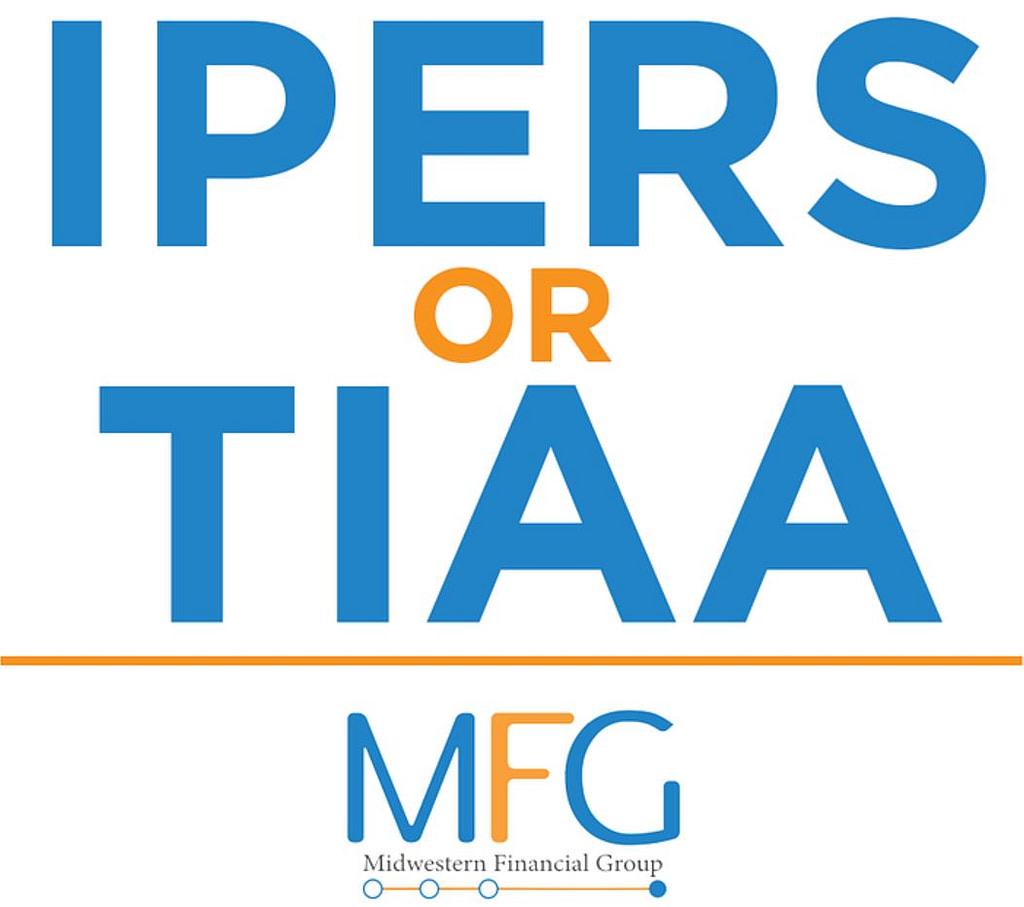
Over the past few weeks, much of our commentary has focused on how to navigate volatile markets. However, this week we would like to pivot a bit and provide you with a brief explanation of why you should consider a 529 investment vehicle. With college expenses accounting for a much larger expense item than most could have ever imagined, 529 plans offer a tax-efficient way to invest in your children’s or grandchildren’s future.
Below are the top five reasons to use a 529:
- Tax deferred growth and tax free withdraws: All invested assets grow tax deferred and your money is never taxed as long as your assets within this account are used for qualified education expenses.
- State tax breaks for invested capital: Many states offer a state tax break for invested assets. Be sure to check with your state or financial advisor to understand if such tax breaks exist where you reside. The State of Iowa does offer a state tax break on invested amounts up to $3,188 per beneficiary account.
- Everyone is eligible regardless of income hurdles: There is no income limit on those who wish to utilize 529 accounts for their loved ones.
- Typically 529 accounts state offer a very low cost means to save and invest. For example, the State of Iowa utilizes Vanguard low-cost investment options
- Donor-controlled account: 529 accounts allow you to remain in control of how the assets are invested and when distributions are made. Unlike alternative education savings vehicles (ex. UTMA/UGMA), you are not obligated to turn the assets over when the beneficiary becomes an adult.
- Flexibility: You are free to change beneficiaries when desired, the account can be rolled over to another 529 once every 12-month period and investment changes can be made twice per year.
As you can see 529 accounts offer tremendous benefits for those who desire to save for college. In addition to basic college savings, 529 accounts can exist as an estate planning tool for those actively gifting assets from their estate.
At MFG, we welcome a conversation with those seeking to understand how 529 accounts can become part of their estate plan.



